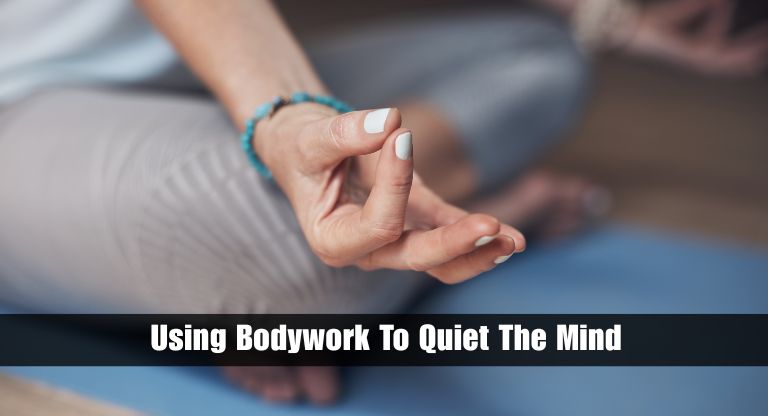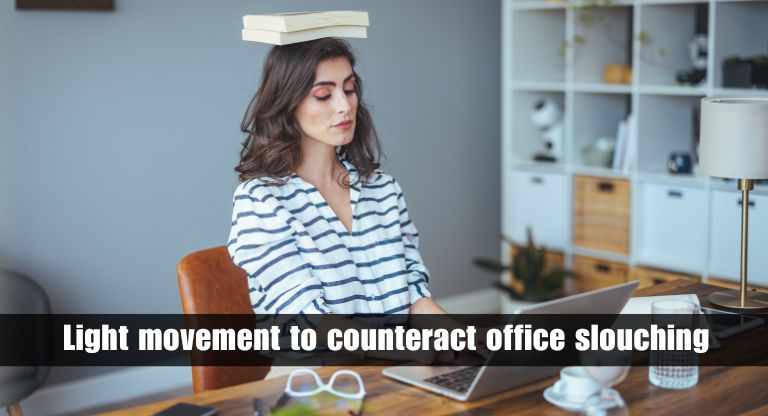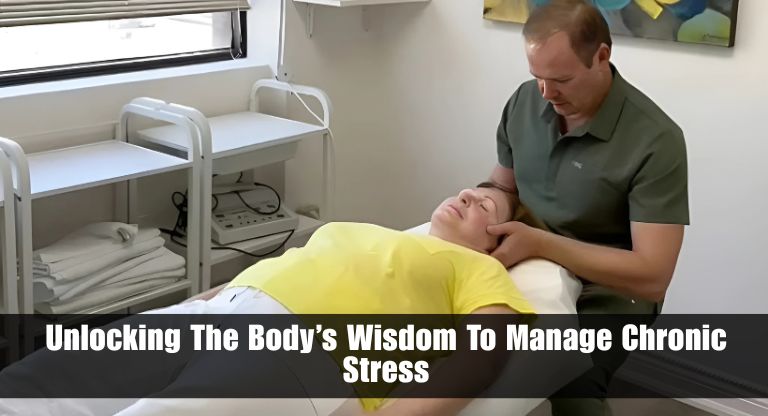How Music Therapy Can Help with Anxiety and Depression?

There is hardly one that does not love music, music is something that humans beings have always surrounded ourselves with, be it as an expression of feelings such as happiness, sadness or regret, music has been with us since forever. We all know that it does affect our mood in ways that we can not imagine. That is the reason a lot of people begin their days with the calmness of music.
But can it be therapeutic? The answer is Yes, studies suggest that music therapy is life-changing and it can heal people. The modern life has made beings prone to anxiety and depression, such mental illnesses, which were once considered very rare, are now very common. A study suggests that around 284 million people suffer from depressive disorders and around 264 million people suffer from anxiety disorders.

What is music therapy?
Music therapy is not just about listening to peaceful music. But it consists of the entire process that includes listening to music, playing with music, creating music, discussing the lyrics, and more. It is the overall process that leads to the euphoric experience of creating music, getting the mindfulness by being immersed in this process completely. This process not only provides mindfulness but it also changes the cognitive function of the person undergoing it. musical therapy has been used in many places like hospitals, clinics, Rehabilitation centers, mental health clinics, and sometimes schools too.
The science behind musical therapy:
Musical therapy is now not just a holistic approach, but studies suggest that it has managed to change the actual neural pathways. musical therapy has managed to regulate feel-good hormones like dopamine and serotonin, which has managed to change the overall emotion of the patient.
Musical therapy has managed to help patients in various mental diseases including clinical depression, anxiety, trauma, and PTSD. It has also helped the patients suffering from Autism ,and alziemer’s . this happens due to the overall cognitive development, emotional regulation, and social interaction with others.
The modern life has made beings prone to anxiety and depression, such mental illnesses, which were once considered very rare, are now very common. A study suggests that around 284 million people suffer from depressive disorders and around 264 million people suffer from anxiety disorders.
Why musical therapy over medicines?
Consumption of antidepressants today has become very common, and though they are likely to be helpful in many cases, there are problems where these medications could be avoided, they should be done. because these medicines come with the side effects, which are more problematic than the problem itself.
The other reason is the diverse scope and access. to access other treatments, one needs to get a thorough check-up with a psychologist. On the other hand, musical therapy provides access to all. and anyone from a minor mental health-related problem to a major one could benefit from it. Musical therapies consist of sessions that consist of playful activities which are suitable for people irrespective of their gender and age.
The best advantage of musical therapy lies in that it does not have any adverse effects, as it is merely an activity and not any medical treatment and this therapy heals the overall mental health of the patient, not just the targeted one and if once practiced, one can include this therapy in their/daily lifestyle, which will increase the overall mental being and an overall healthy lifestyle.
How to incorporate musical therapy in your daily life?
You don’t always need to visit a musical therapy center to perform this practice. With proper understanding, you can perform these practices sitting at your home and even merge these with your daily tasks.

Here are some steps that can help you perform this:
Create a personalized playlist: The genre and type of the music do not matter, simply connect with the songs that suit your style, they could vary from multiple genres.
Sing or hum a favorite song: Go with the flow and sing along, hum your tunes and enjoy!
Play a musical instrument: This could be any musical instrument, if you don’t have any, just whistle of any of the drums in the types of rhythm you can.
Use Guided meditation with music: Use any type of guided music you are comfortable with and try to meditate.
Final thoughts: Musical therapy is the simplest approach of healing, as this is something that could be done anywhere, anytime. It has a broad scope and diverse utility.
The best part of musical therapy is that it comes with zero side effects and it could be used as an overall lifestyle practice. This therapy could be adapted in places apart from hospitals and trauma centres, but it could also help the corporate and education sector, helping create an environment that supports every type of mental health-related issue. be it big or small.









